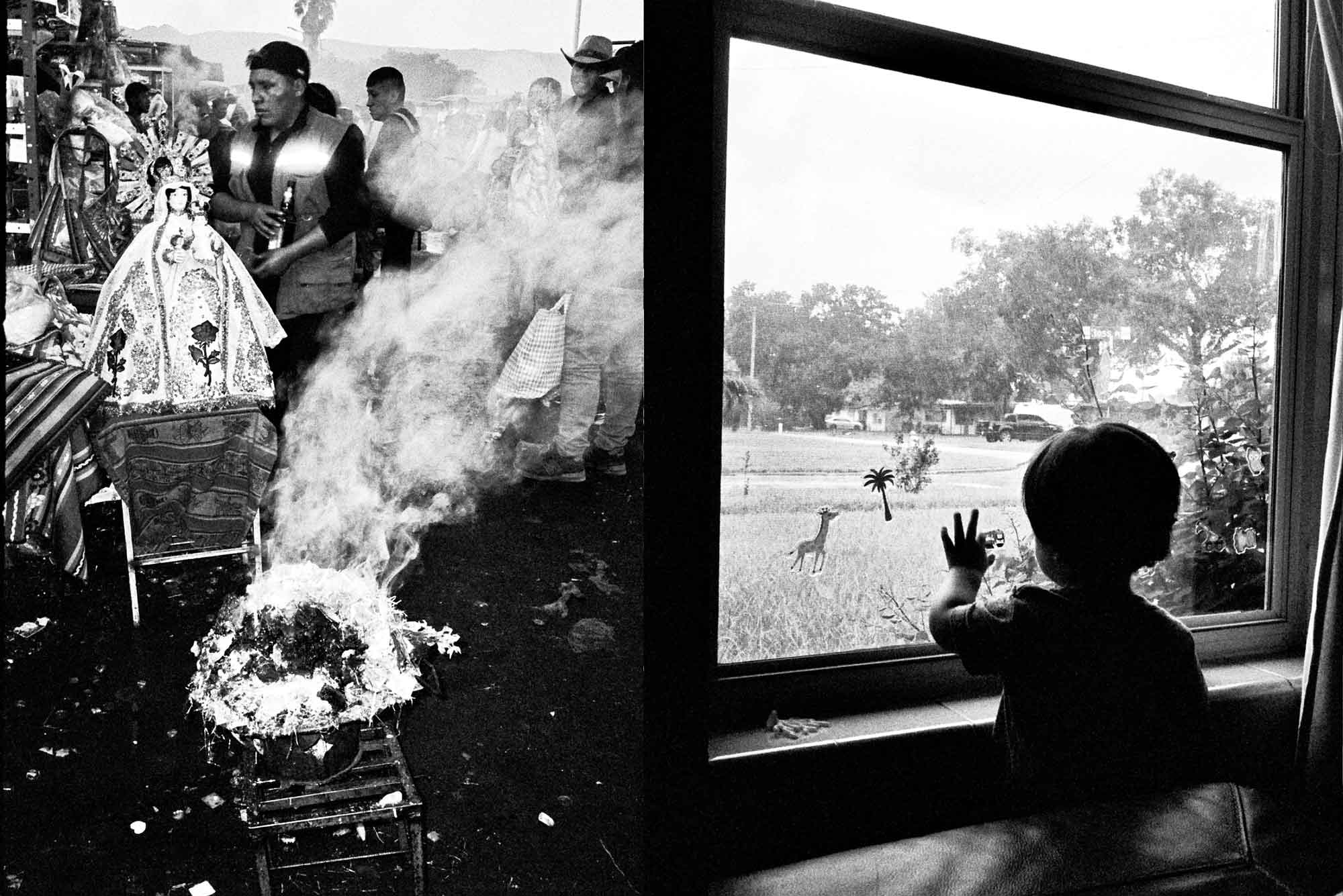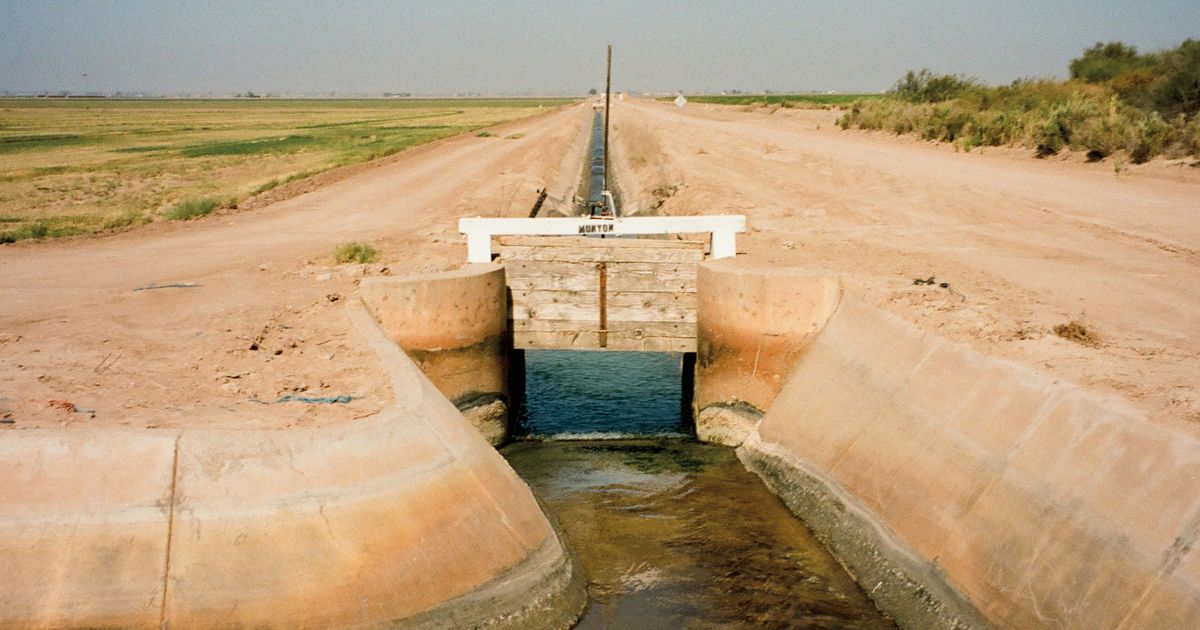December 4, 2025

Despite the smartphone acting as interfaces for much of our external lives, we seldom acknowledge that we’re missing an interface for our inner lives. We use interfaces to communicate with others, but seldom do we use them to communicate with ourselves. Even the idea of communicating with oneself carries negative connotations. Despite nearly all of us sustaining an inner monologue at all times, the idea persists that only lunatics talk to themselves. To “get in touch with oneself” seems woo-woo or suggests a deficiency: you need to get in touch with yourself because you’re out of touch. Keeping a notebook or journaling is often characterized as childish, immature, romantic, or (for a man) effeminate.2
...note-taking software puts guardrails around your interactions with it. It forces you to interact with it in a certain way. It constrains you to text-based input and reminds you when your writing isn’t grammatical. The physical notebook doesn’t remind you if the word you invented isn’t in a dictionary. It doesn’t alert you if your passionate burst is fragmentary. It doesn’t prevent you from drawing, sketching, gluing, pasting, or blotting. It doesn’t conceal your penmanship, your shaky sentences reminding you that you were on a plane or bus, or your quick hand a reminder of your anger. It is a direct interface with oneself, as unmediated as you can get.3
The notebook as interface works well because it is not meant for anyone else. It prefigures an intellectual solitude that results in intellectual authenticity and honesty. It allows us to confront our own thoughts, unadulterated, anywhere.
A thought-provoking essay on the virtues of analog note-taking from my brilliant friend Jeremy Bassetti. I've read a lot of comments online lately about digital note-taking not really lighting up all of the parts of our heart-body-mind-soul that hand-taking notes does, and while I completely agree I've internalized some of this as whining because as a person who has stayed analog and resisted apps, software, and tools, at times feeling excluded from popular movements or "the bandwagon," my reaction to this newfound epiphany of tech bros has has been 😑.
I loved this essay though because Jeremy is not a tech bro. This is not a half-baked declaration from some tech-addled-just-ten-minutes ago renunciate who is suddenly a life coach. It's a comprehensive, vulnerable look at how digital note-taking maneuvers us out of developing the truest connection we can have with our own minds.
Finally, I never thought about how note-taking or journaling might be perceived as effeminate. I thought that all of the world's greatest thinkers, men and women, took notes. If anything, men's notes have gotten more exposure and led to more opportunities like book deals. (Did you know John Steinbeck straight up stole material from Sanora Babb's notes to write Grapes of Wrath? I'll use any opportunity to share this information.) While being a woman is no walk in the park, being a man sounds downright miserable and stupid.





